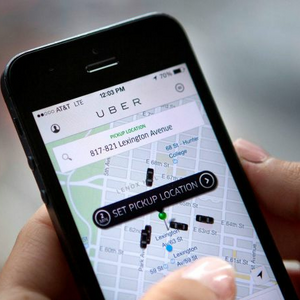
Uber and the Sherlock Holmes Principle: How Control of Data Can Lead to Biased Academic Research - ProMarket
- Article
- Oct 9, 2019
- #DataScience #Academy
“Our data science team reviewed this report and found it to be flawed.” So said an Uber spokesperson upon the release of a Stigler Center working paper, which showed that when Uber...
Show More
Mentions
See All
Ilan Strauss @ilanstrauss
·
Jul 12, 2022
Good piece - and timely.